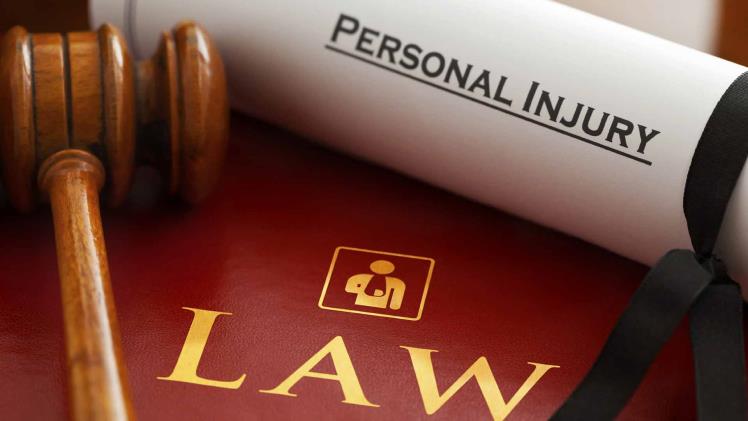Assuming another party’s carelessness contributed to your injuries, you may be entitled to financial compensation if you were hurt in an accident like a car crash, a fall, or any other similar incident. You can seek compensation for things like medical bills, missed wages, emotional distress, and more within the framework of your claim. However, you must submit convincing evidence to support your argument.
Discuss your case with an experienced lawyer who deals with car accidents in Toledo to determine your best course of action.
Direct Observation
All items that a jury can touch and examine directly are considered physical evidence. Physical evidence such as mended clothing, a dented car, or other ruined possessions can be very persuasive. You can also use evidence of bodily harm, such as scarring from an accident, to bolster your case. In personal injury claims, physical evidence is typically essential since it demonstrates not just what happened but also how your injuries have altered your life.
Images and moving pictures
Besides tangible proof, visual evidence such as photographs and videos is also very convincing. The jury can be presented with compelling evidence that you cannot physically present to them through the use of photographs and videos. Images of totaled vehicles, post-crash injuries, or the damaged handrail that led to your fall can all bolster a claim for compensation.
Trial testimony
Witnesses’ statements are highly relied upon by juries, judges, and insurance companies. This is because most witnesses are neutral third parties. In other words, they have nothing to gain by being dishonest. As a result, after an incident, it’s crucial to track down any witnesses and get their information. Your legal representative will want to follow up with them on what they witnessed.
Credible Opinions from Industry Professionals
Personal injury cases often call for the testimony of “experts” who are not present at the scenes of the accidents themselves but rather discuss what happened and why. Alternatively, a medical expert or accident reconstructionist may testify about the extent of your injuries or your capacity to return to work.
Records of Health
The complete scope of your injuries can be demonstrated with the help of medical records, bills, and other proof. They can provide evidence of the total cost of your medical care, both past and prospective, which can help you get the compensation you are entitled to.

